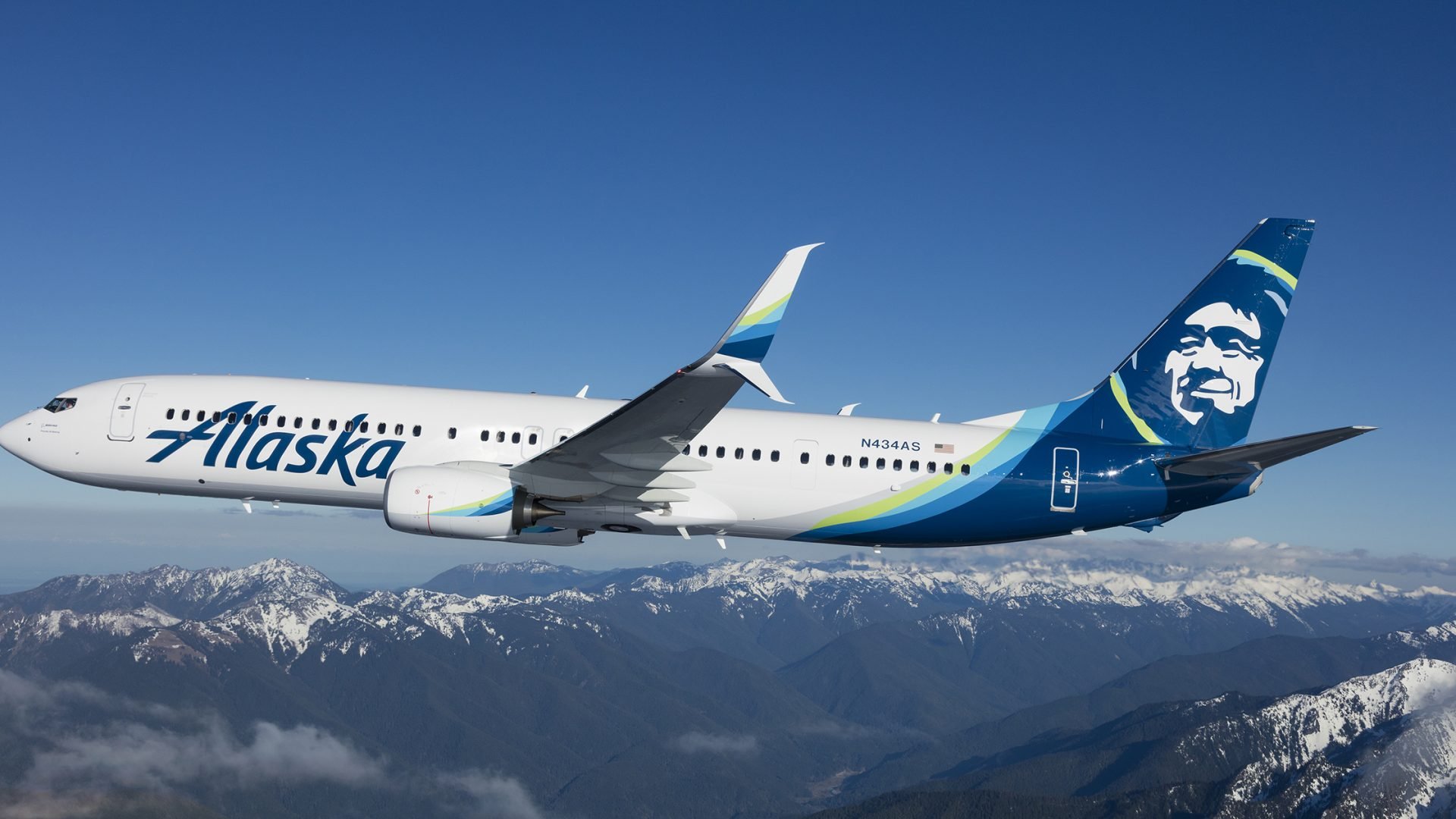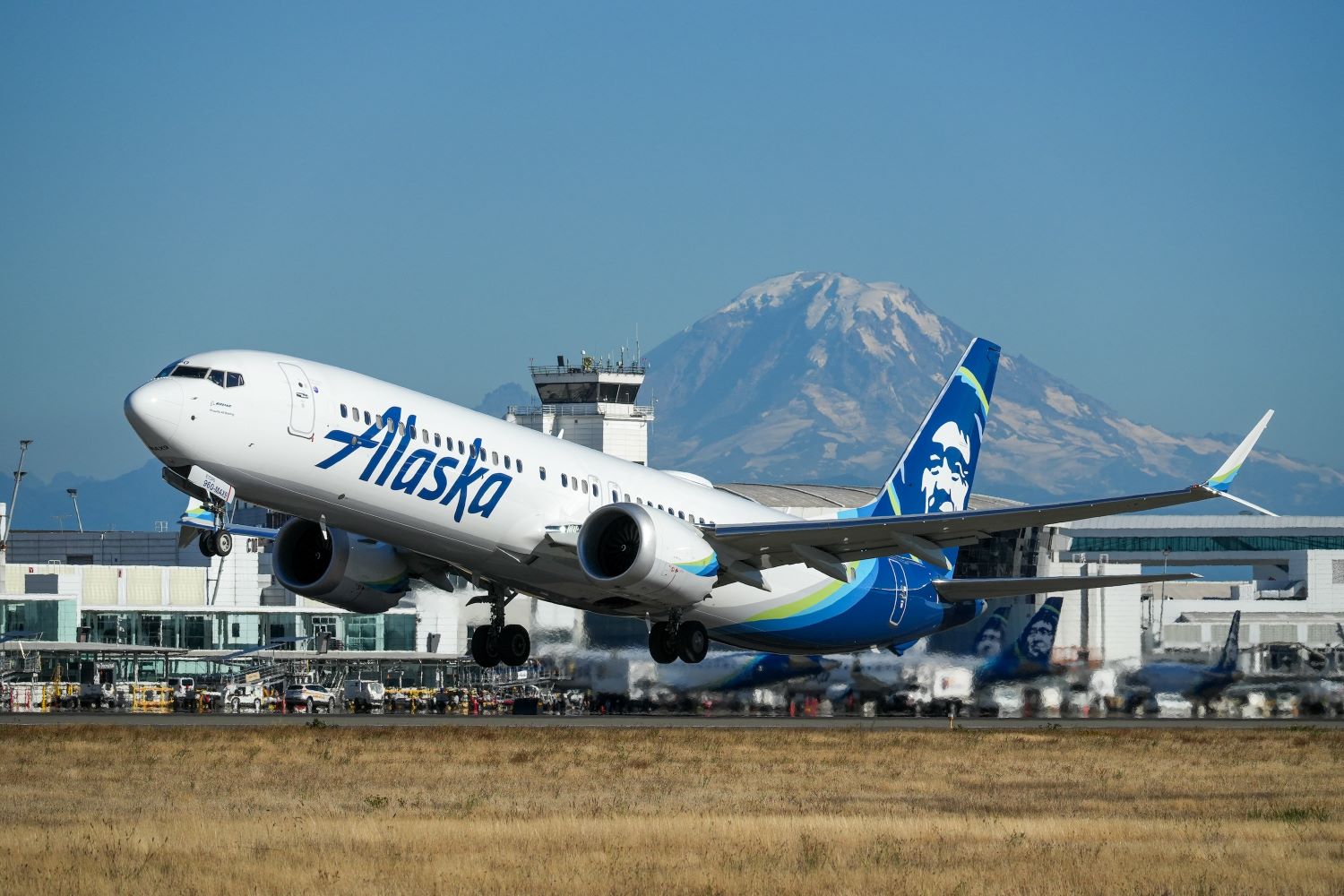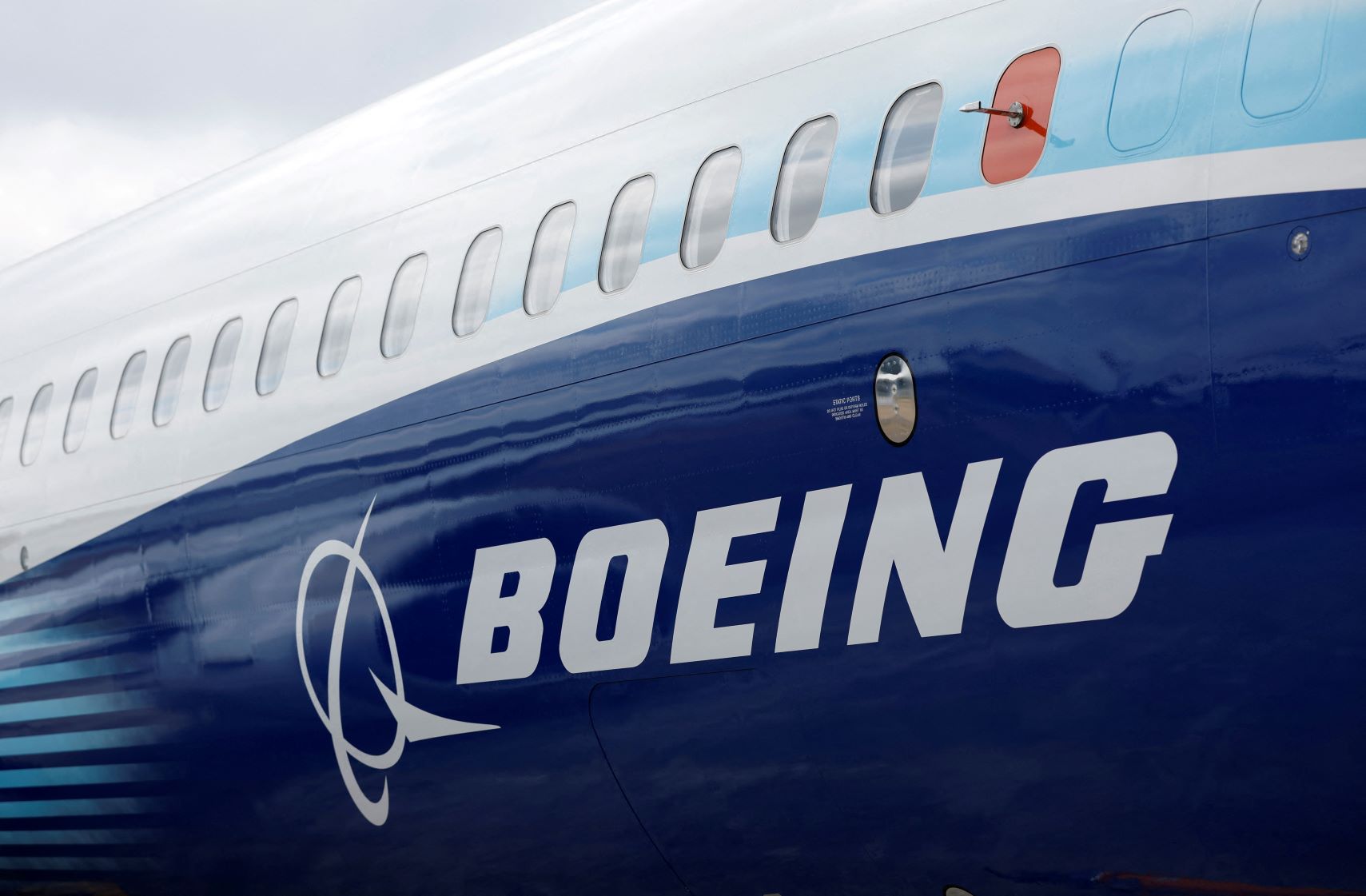Boeing has paid Alaska Air $160 million (£126 million) to address the losses incurred by the airline following a significant mid-air incident in January.
Alaska Air stated that the funds would cover the profits lost during the first quarter of the year, with expectations of further compensation in the coming months.
In January, nearly 200 Boeing 737 Max 9 jets were temporarily grounded by regulators after an incident where a door plug fell from an Alaska Air plane shortly after take-off, leading to the cancellation of thousands of flights.

However, a law firm representing some of the passengers on the affected Alaska flight criticized Boeing’s response.
“Apparently, Boeing thinks it more urgent and important to pay those whose corporate profits were at stake, but not those whose lives were at stake and nearly lost,” remarked Daniel Laurence, a partner at the Stritmatter Firm.
Airlines are currently grappling with delivery delays as Boeing reduces the production rate of new planes to address manufacturing and safety issues.

Ryanair warned in February of potential fare increases due to these delays, while United Airlines recently sought volunteers for unpaid leave among its pilots due to changes in delivery schedules.
Despite Alaska’s warning of a roughly $150 million impact in January, the airline reported that February and March performed better than their original pre-grounding expectations.

Boeing, which did not provide comments on the matter, had previously anticipated spending at least $4 billion more than expected in the first quarter of the year.
Following the January emergency, Boeing has been under intense scrutiny. An initial report from the US National Transportation Safety Board revealed that four bolts meant to secure the door to the aircraft had not been properly installed.
Boeing is now facing both a criminal investigation into the incident and legal action from passengers aboard the affected plane.
Last month, CEO Dave Calhoun intends to step down by the end of the year, becoming the highest-profile departure from the company in response to the crisis.







Leave a Reply